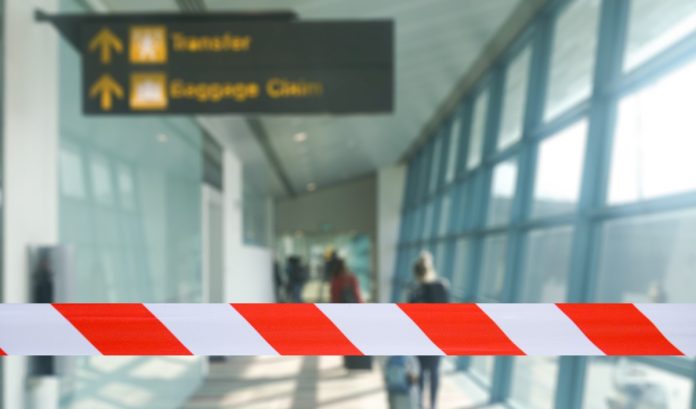Singapore Health Ministry has announced that waivers for overseas patients with serious health issues have been suspended until further notice. Those with waivers currently undergoing treatment will also face tougher restrictions and higher costs.
Singapore has an 85% vaccination record, but a Delta-driven spike in infections is expected to last for three to six months before it subsides.
In Singapore hospitals, Indonesian is spoken everywhere, and patients requiring urgent cancer or cardiac treatment, or transplants, have been allowed in.
Health officials cite hospitals overflowing with Covid patients as the reason for deferring continuing treatment and banning new overseas treatment until 2022. There is no longer any exception being made for urgent foreign cases.
Singapore authorities stipulate that the very few Indonesians who get dispensation for medical reasons for ongoing treatment must have already received two vaccinations, have undergone a PCR test and must produce a chest X-ray showing they don’t have pneumonia. On arrival in Singapore, they must go into two-week quarantine and then enter eight-day quarantine on return to Indonesia.
Until recently, even vaccinated Covid Singaporean patients and those with minor symptoms were being admitted to a hospital, but new screening facilities now allow doctors to determine who needs hospitalisation and who doesn’t. Home recovery has now been designated the default care management protocol for fully vaccinated individuals.
More broadly, the ban on short-term foreign visitors is starting to lift. The government has now opened up four “green lanes” for fully vaccinated travellers from Hong Kong, Macao, Brunei, Germany and, more recently, South Korea, none of whom have to spend time in quarantine.
How many medical tourists Singapore normally gets is an open question as authorities ceased collecting or issuing figures a decade ago. Claims of 500,000 are very unlikely and they could even be as low as 50,000.
Pre-pandemic, numbers had fallen due to the high treatment costs in Singapore. Authorities want to re-open by promoting health tourism but do not want to promote medical tourism now or in the future.
It will be increasingly difficult for Singapore to remain a medical tourism destination when Thailand and Malaysia are offering better value for money. And Indonesians may decide that it is now far simpler and cheaper to be treated at home.








 ©2024 All rights reserved LaingBuisson
©2024 All rights reserved LaingBuisson 


